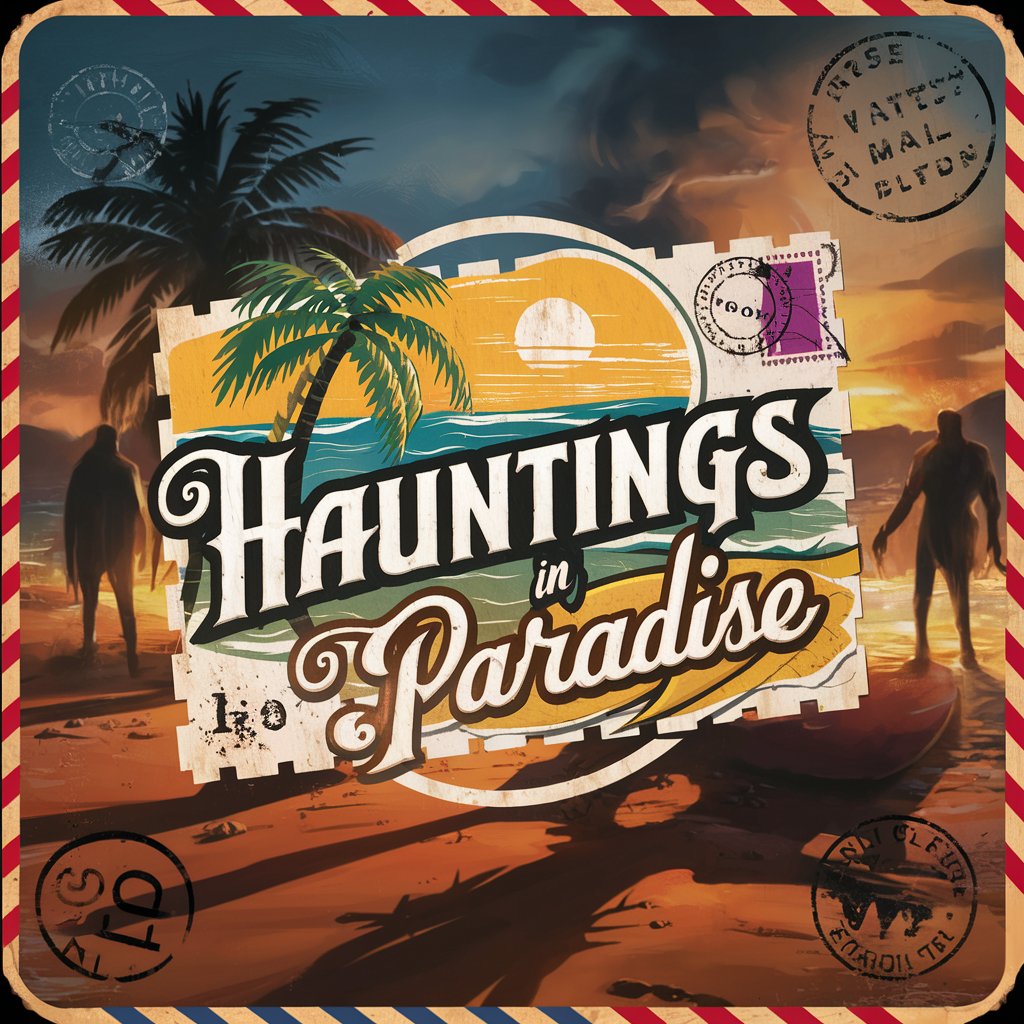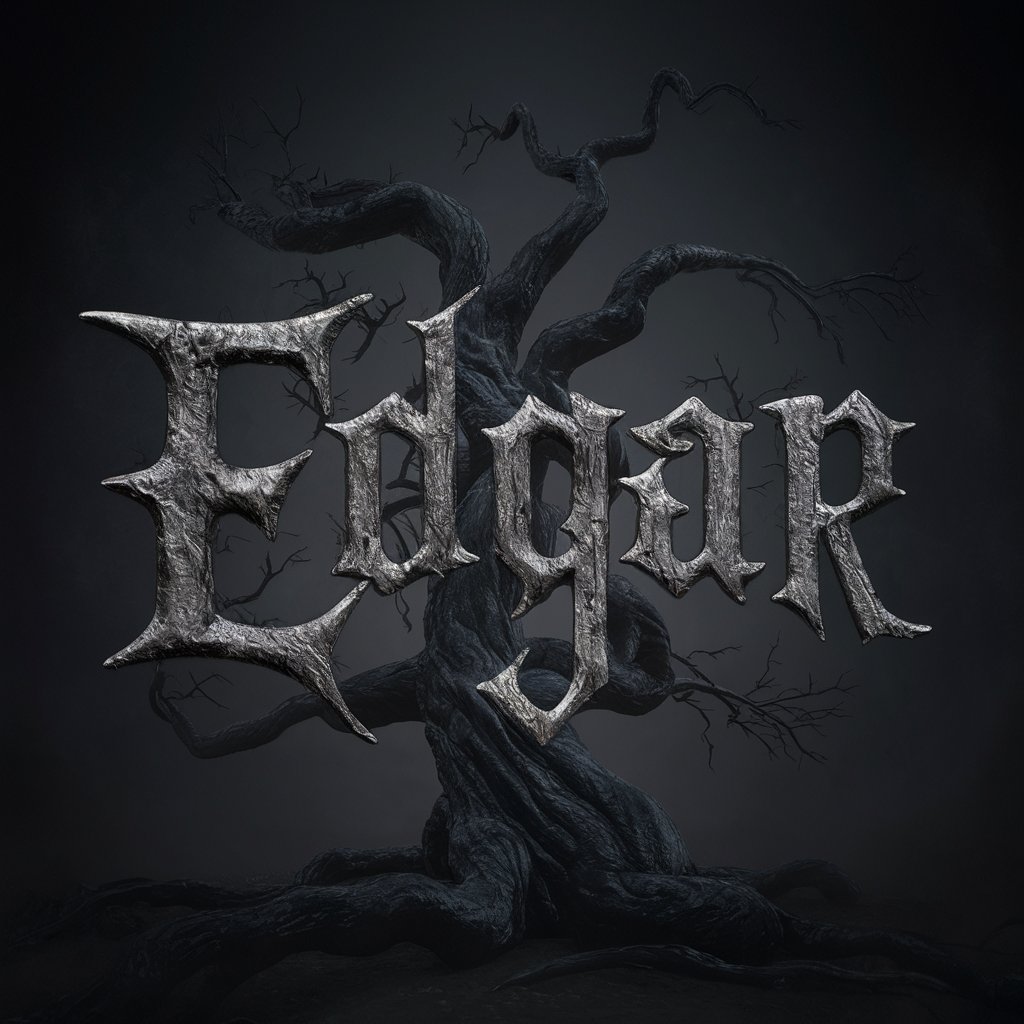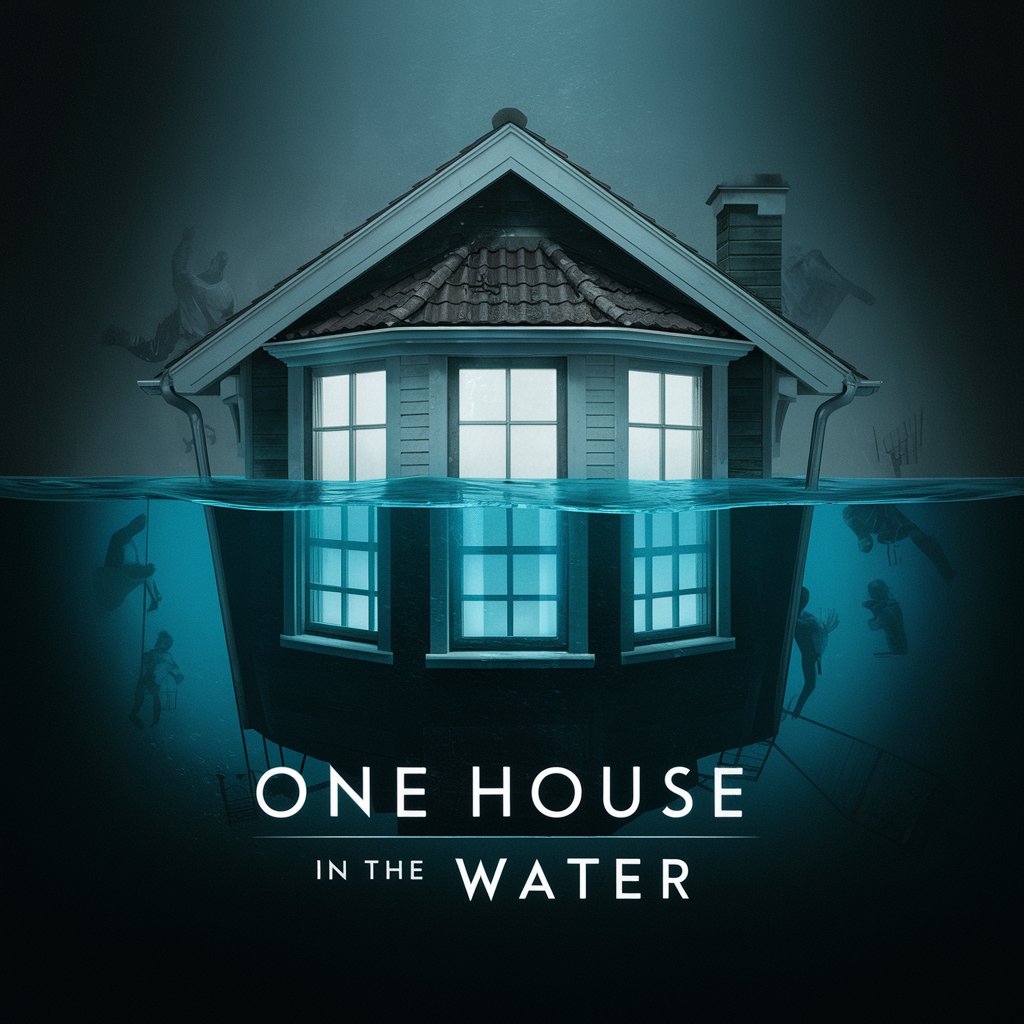7 GPTs for Psychological Horror Powered by AI for Free of 2026
AI GPTs for Psychological Horror are advanced computational tools based on Generative Pre-trained Transformers technology, specifically developed or adapted to cater to the narrative and thematic needs of the psychological horror genre. These tools leverage AI to generate, analyze, and manipulate text, images, or data in ways that resonate with the distinctive elements of psychological horror, such as suspense, fear, and the exploration of the human psyche. By utilizing machine learning and natural language processing capabilities, they provide bespoke solutions for creating immersive horror experiences, analyzing content for psychological impact, and assisting in the development of horror-themed projects.
Top 7 GPTs for Psychological Horror are: The Spiral of Jealousy,Hauntings in Paradise, a text adventure game,Edgar,The Author,One House in the Water,Curse of the Red Rose,🎃 Edgar's House of Terrors : Choose Your Story
The Spiral of Jealousy
Unravel jealousy's dark spiral through AI-powered storytelling.

Hauntings in Paradise, a text adventure game
Explore Haunted Mysteries with AI

Edgar
Crafting Deep, Immersive Horror

The Author
Crafting nightmares, exploring psyches.

One House in the Water
Dive into a surreal underwater mystery.

Curse of the Red Rose
Dive into the darkness aboard a haunted pirate ship.

🎃 Edgar's House of Terrors : Choose Your Story
Where every choice spirals into darkness...

Distinctive Functions and Capabilities
AI GPTs tailored for Psychological Horror possess unique characteristics that enable them to masterfully craft narratives or content within this genre. These include advanced language models trained on horror-specific datasets, the ability to generate chilling and atmospheric text, and the capacity for deep learning to understand and evoke the psychological nuances that define horror. Special features also encompass image creation abilities for generating haunting visuals, adaptability to different complexity levels in task performance, and technical support for integrating these tools into broader content creation or analysis workflows.
Who Benefits from Psychological Horror AI
These AI GPT tools are designed for a diverse audience, ranging from novices with a passion for psychological horror to professionals in the fields of writing, filmmaking, game development, and psychological research. They are particularly accessible to individuals without coding expertise, thanks to user-friendly interfaces, while also offering extensive customization options for developers and technologists seeking to create more sophisticated horror experiences or conduct detailed genre analysis.
Try Our other AI GPTs tools for Free
Interactive Horror
Explore the cutting-edge realm of AI GPTs for Interactive Horror, where advanced AI meets the art of horror storytelling. Perfect for creators and enthusiasts, these tools offer dynamic, personalized horror experiences.
Scheduled Investments
Discover how AI GPTs for Scheduled Investments revolutionize investment strategies with personalized, data-driven advice and automation.
Gift Accompaniment
Discover how AI GPTs for Gift Accompaniment can transform your gifting experience with personalized recommendations, custom messages, and creative design solutions.
Custom Creations
Discover the revolutionary power of AI GPTs for Custom Creations, offering personalized solutions for writing, design, coding, and more. Tailored to your needs, these tools redefine creativity and efficiency.
Puppy Generation
Discover the power of AI GPTs for Puppy Generation, your digital ally in tailored puppy care, training, and development solutions.
Dish Identification
Discover the power of AI GPTs for Dish Identification: your ultimate tool for exploring, analyzing, and understanding the world of culinary delights. Perfect for food enthusiasts and professionals alike.
Expanding Horizons with AI in Psychological Horror
AI GPTs are revolutionizing how psychological horror content is created and analyzed, offering unparalleled opportunities for customization and integration. These tools not only simplify the content creation process but also provide new avenues for exploring the depths of human psychology and fear, making them invaluable for creators and researchers alike. User-friendly interfaces further democratize access, allowing anyone with an interest in psychological horror to experiment and create.
Frequently Asked Questions
What exactly are AI GPTs for Psychological Horror?
AI GPTs for Psychological Horror are specialized versions of generative pre-trained transformers designed to generate, analyze, and interact with content related to the psychological horror genre.
Can these tools generate images as well as text?
Yes, many of these AI tools have capabilities for creating not only atmospheric and narrative text but also compelling visuals that align with psychological horror themes.
Who can use these AI GPT tools?
They are accessible to a broad audience, including writers, filmmakers, game developers, researchers, and enthusiasts without any programming background.
Do I need programming skills to use these tools?
No, many of these tools are designed with user-friendly interfaces that do not require programming knowledge, though programming skills can enhance customization.
How do these tools adapt to different horror themes?
They utilize advanced machine learning algorithms to understand and generate content that can be tailored to various psychological horror themes, depending on the input and guidance they receive.
Can these tools help in professional horror content creation?
Absolutely, they are equipped with features that can assist in the development of professional-grade horror writing, filmmaking, and game development.
Is it possible to integrate these GPTs with other software?
Yes, many of these tools offer APIs and support technical integration with existing content creation or analysis workflows.
Are there any ethical considerations in using AI for psychological horror?
Yes, creators should consider the psychological impact and ethical implications of the content generated, ensuring it is used responsibly and with consideration for potential effects on audiences.